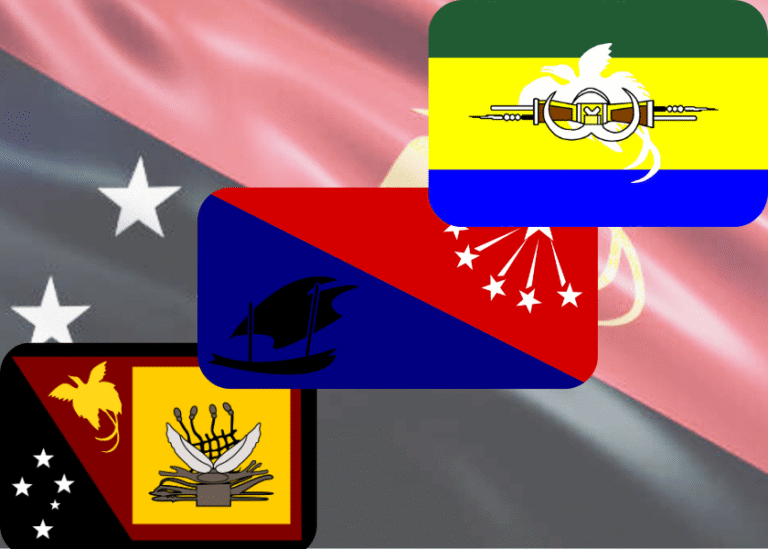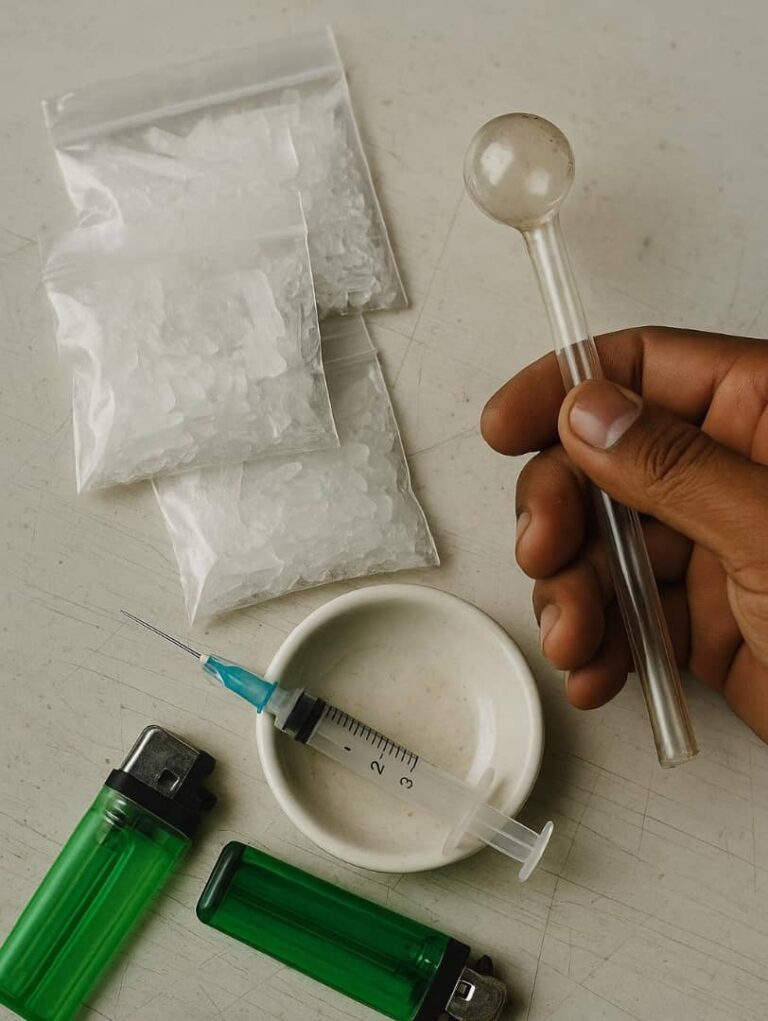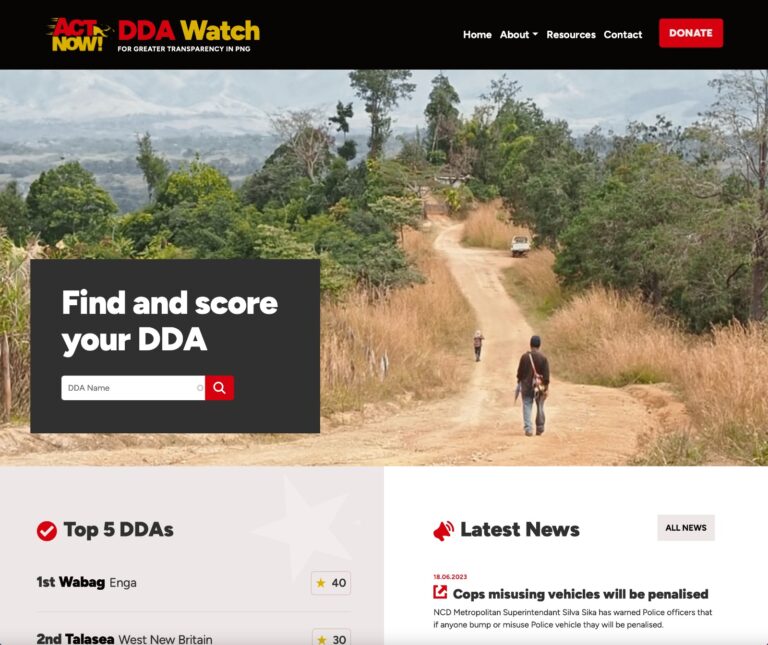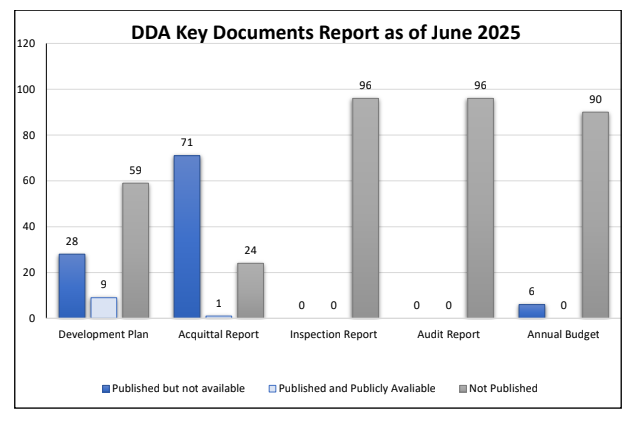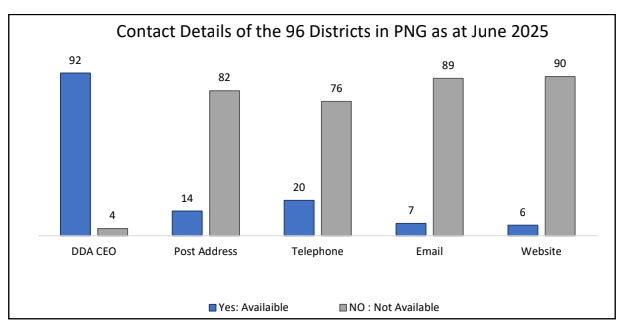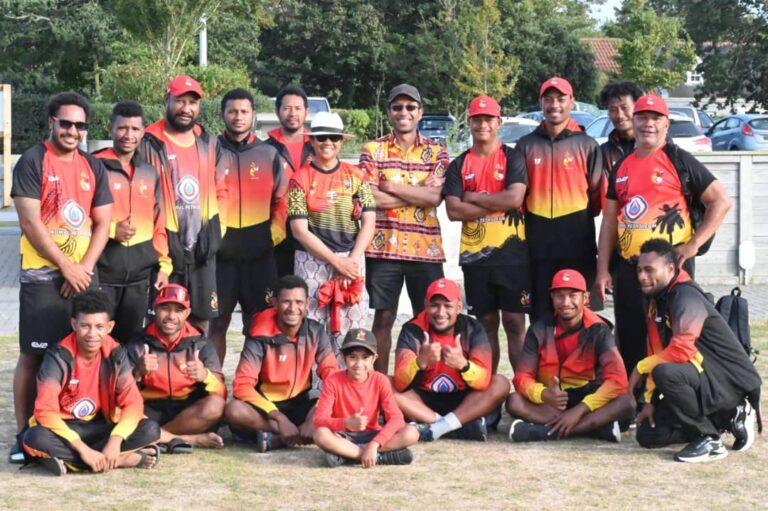The deadline for submitting the 2024 Annual Provincial Performance Report or APPR has lapsed since the 30th of June and only three Provinces are yet to submit theirs.
The Minister for Provincial and Local Level Government Affairs, Soroi Marepo Eoe, commended the majority of provincial governments for adhering to reporting requirements and submitting their 2024 Annual Provincial Performance Reports (APPR) to the Department of Provincial and Local Level Government Affairs (DPLGA).
Under Section 119 of the Organic Law on Provincial and Local Level Governments (OLPLLG), all provincial governments—excluding the National Capital District and the Autonomous Region of Bougainville—are required to submit their APPRs for the preceding year by 30 June.
Minister Eoe explained that each year, the National Government allocates funding to provincial governments to support service delivery across six Minimum Priority Areas (MPAs): Governance, Education, Health, Works and Transport, Law and Justice, and Primary Production.
“Compliance reporting on the MPAs strengthens, accountability and builds trust between provincial governments and the people. It enhances relationships and instils confidence in service delivery,” the Minister said.
Secretary Philip Leo confirmed that 17 provinces have submitted their reports, with only Central, Western and Morobe provinces yet to submit.
“Once these remaining reports are received, the Minister will table the consolidated outcomes in Parliament next year,” Secretary Leo stated.
On 27 May 2025, Minister Eoe presented the Annual Provincial Performance Reports for the years 2018–2022 in Parliament. This was the third presentation of its kind since the Organic Law on Provincial and Local Level Governments was enacted in 1995.
“Over the past decade (2014–2023), only 10 provinces have consistently submitted their APPRs,” the Minister noted.
In the last five years, only seven provinces met the 30 June deadline, while 13 submitted late or failed to submit altogether.

